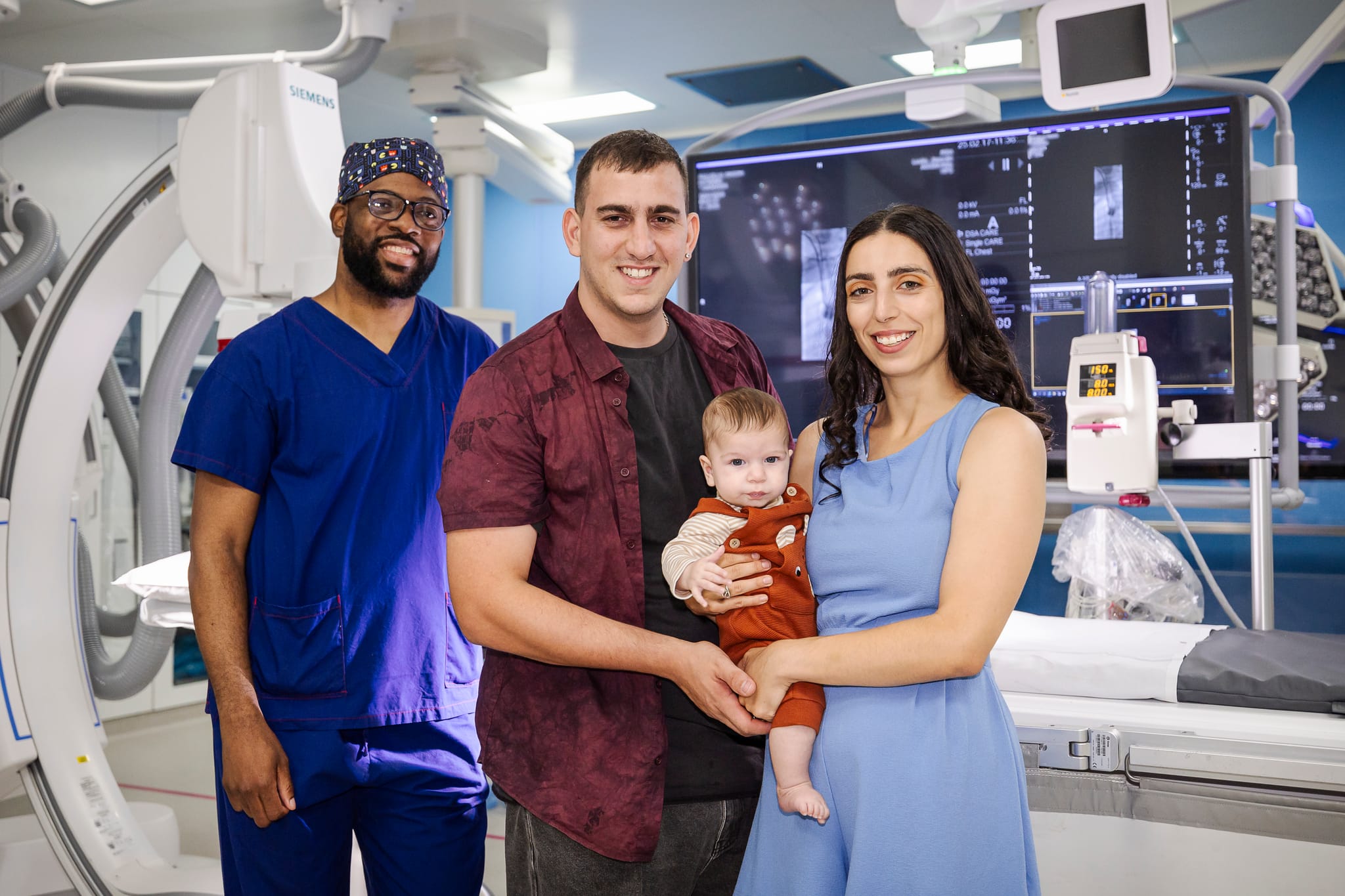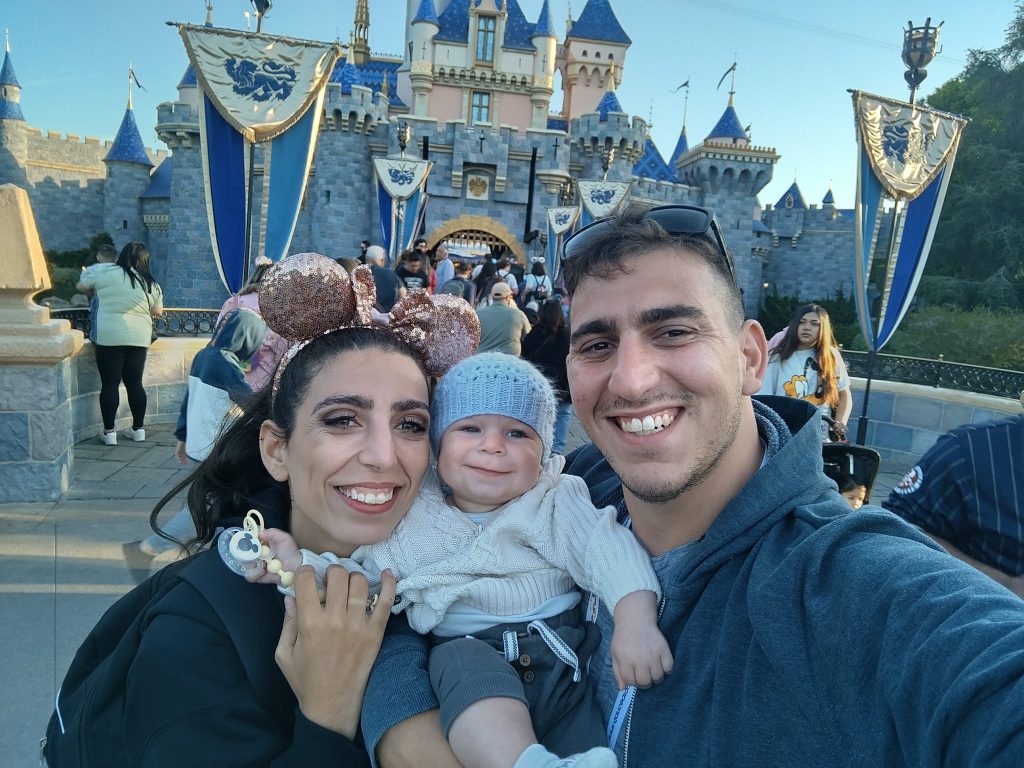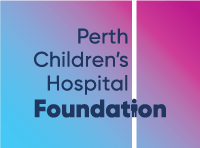
From NICU to Disneyland.
- Perth Children's Hospital Foundation
From NICU to Disneyland.
- Perth Children's Hospital Foundation
Born with a rare condition that made feeding impossible, baby Mason has gone from fighting to survive to enjoying solids (and travelling the world!) thanks to the care of PCHF-funded Dr Jheuvan Leslie.
When baby Mason was born, his mum, Shenae never imagined his first few months would be spent fighting just to feed and grow.
However, thanks to the world-class care at Perth Children’s Hospital (PCH) – and the expertise of Dr Jheuvan Leslie, an Interventional Radiology Fellow funded by Perth Children’s Hospital Foundation (PCHF) – Mason’s story is one of hope and recovery.
Born at Joondalup Hospital, everything seemed normal at first, until Mason began vomiting shortly after feeds. Within hours, his condition worsened. He was throwing up brown fluid and rapidly losing weight – dropping from 2.9kg to 2.5kg in just two days.

An X-ray revealed a rare and serious diagnosis: Mason was born with a tracheoesophageal fistula (TOF) – a condition where his oesophagus (food pipe) wasn’t connected to his stomach, meaning the milk had nowhere to go.
A TOF affects up to 150 babies in Australia each year and requires urgent surgery to prevent serious complications caused by food or milk going into the lungs instead of the stomach. Mason was quickly transferred to PCH by the Newborn Emergency Transport Service (NETS WA) and underwent emergency surgery the same day to repair his oesophagus.
While the surgery was a success, doctors discovered that Mason’s oesophagus was exceptionally narrow, like a funnel. Even a feeding tube couldn’t pass through. Eventually, a feeding tube was placed but Mason still needed round-the-clock suction, as his oesophagus wasn’t even wide enough for him to swallow his own saliva.
At just 3.5 weeks old, he began a series of delicate procedures called oesophageal dilations. Using a tiny balloon, Interventional Radiology Fellow Dr Jheuvan Leslie gently stretched Mason’s narrowed oesophagus to help him swallow and feed properly. Most of Mason’s 16 dilations to date have been performed by Dr Leslie. So far, Mason has spent seven weeks in the Neonatal Intensive Care Unit (NICU), and nearly two and a half months at PCH, with additional hospital stays expected as his treatment continues.
“Jheuvan was fantastic,” Mason’s mum, Shenae said. “He always checked in on Mason after each procedure. He’s approachable, the communication was great, and we knew he was in good hands.”
Dr Leslie’s role in Mason’s recovery was made possible thanks to a Fellowship funded by PCHF, with support from Telethon. Originally from Kingston, Jamaica, Dr Leslie came to Perth to train in paediatric interventional radiology – an area of medicine using small instruments and imaging like X-rays or ultrasounds to treat conditions without major surgery. It’s less invasive for patients and often leads to faster recovery.
From being fed just half a millilitre of milk at a time via ‘dummy dips’, Mason is now happily drinking full bottles. At more than nine months old, he’s thriving and even enjoying small amounts of solid food, including purees and mashes, as well as sipping from a cup and chewing rusks. He’s recently travelled to Disneyland in the US, where Shenae performed in a dance concert, a milestone they once thought impossible.
“I’m incredibly grateful to PCHF for this opportunity,” Dr Leslie said. “It’s really been transformative for my learning and development. Back home, interventional radiology is more focused on adult care, so many doctors aren’t as comfortable managing paediatric cases.”
Dr. Craig Gibson, Head of Medical Imaging at Perth Children’s Hospital, said Dr. Leslie has made a strong contribution to the hospital’s growing interventional radiology service.
“Recently, demand for our interventional radiology procedures has increased by 10 – 20% year-on-year. Dr. Leslie has played a key role in helping us meet that demand so that more WA kids can receive treatment sooner and spend less time in hospital. We’ve also increased the range of interventions we offer, which is a great outcome for families across WA. Interventional radiology is just one part of what we do – our team carries out well over 80,000 imaging studies each year.”
In addition to Mason’s procedures, Dr Leslie has also been involved in groundbreaking treatments like Bleomycin Electrosclerotherapy – a pioneering technique using medication and electric current to treat complex vein issues in children.
“Some of the procedures we perform are groundbreaking,” he said. “The research is still relatively new, so being among the first in the country to treat children with innovative techniques that offer a safe, effective alternative is giving hope to patients who thought they had no other option.”
Help WA’s sick kids get well and stay well. Support world-class expertise right here at PCH. Donate today at: pchf.org.au/donate

